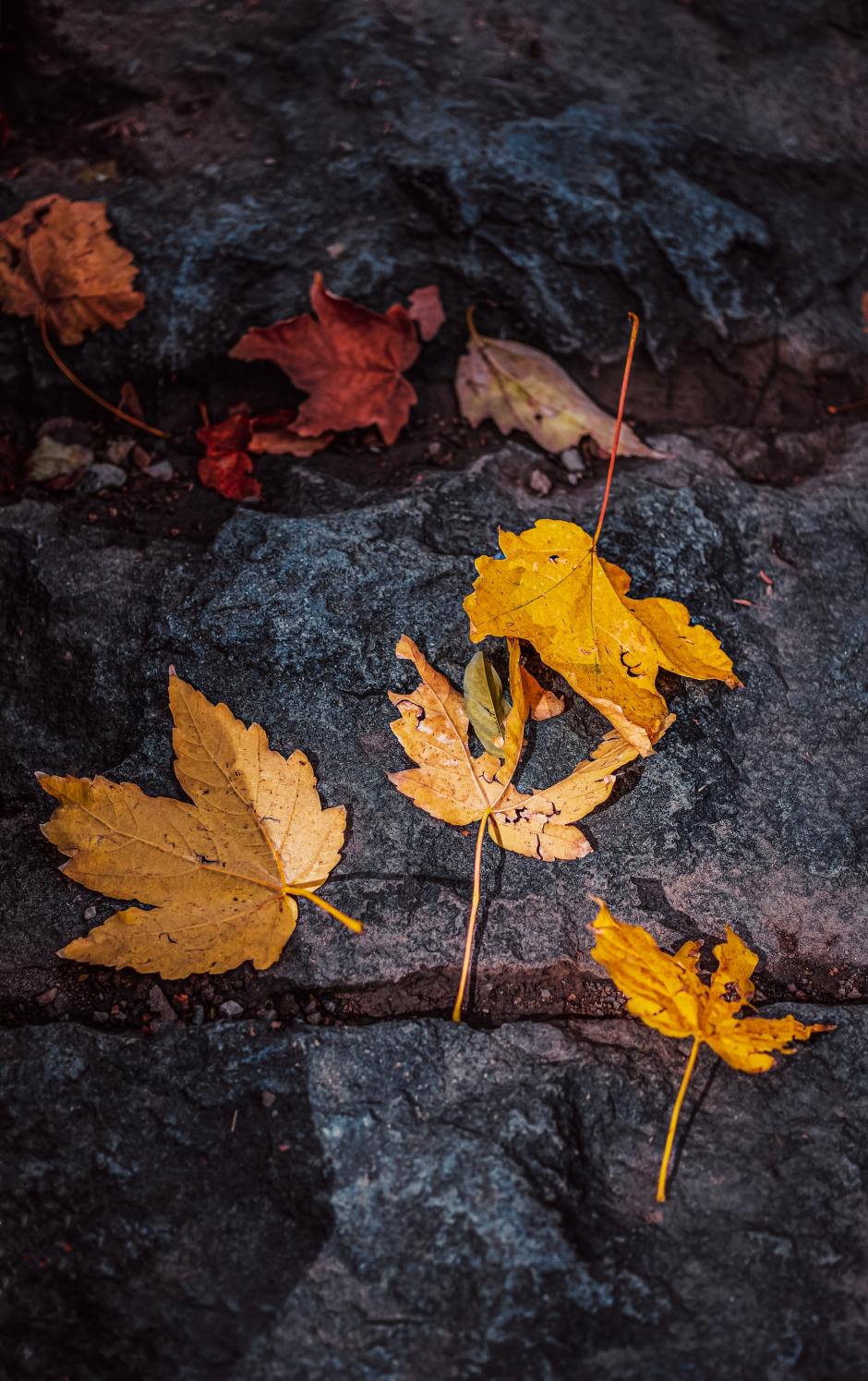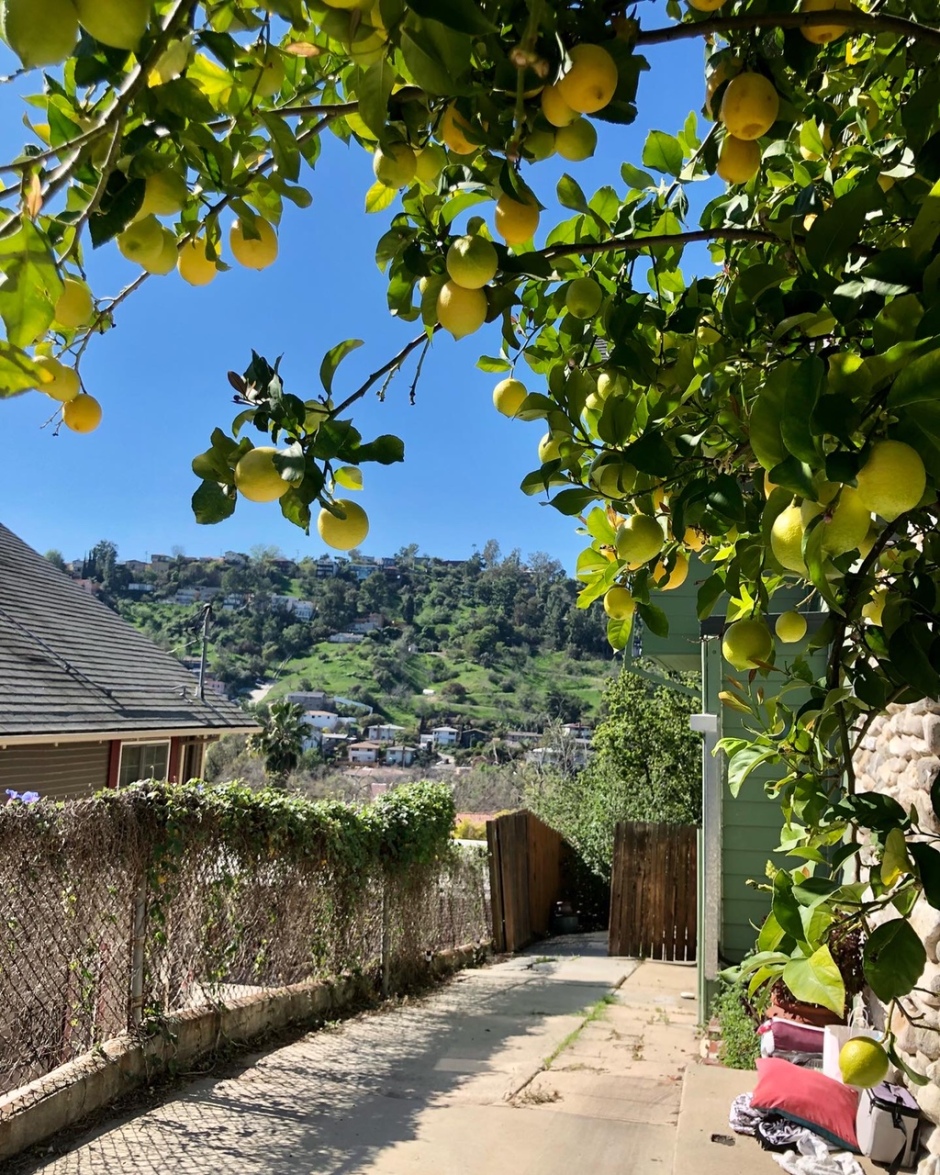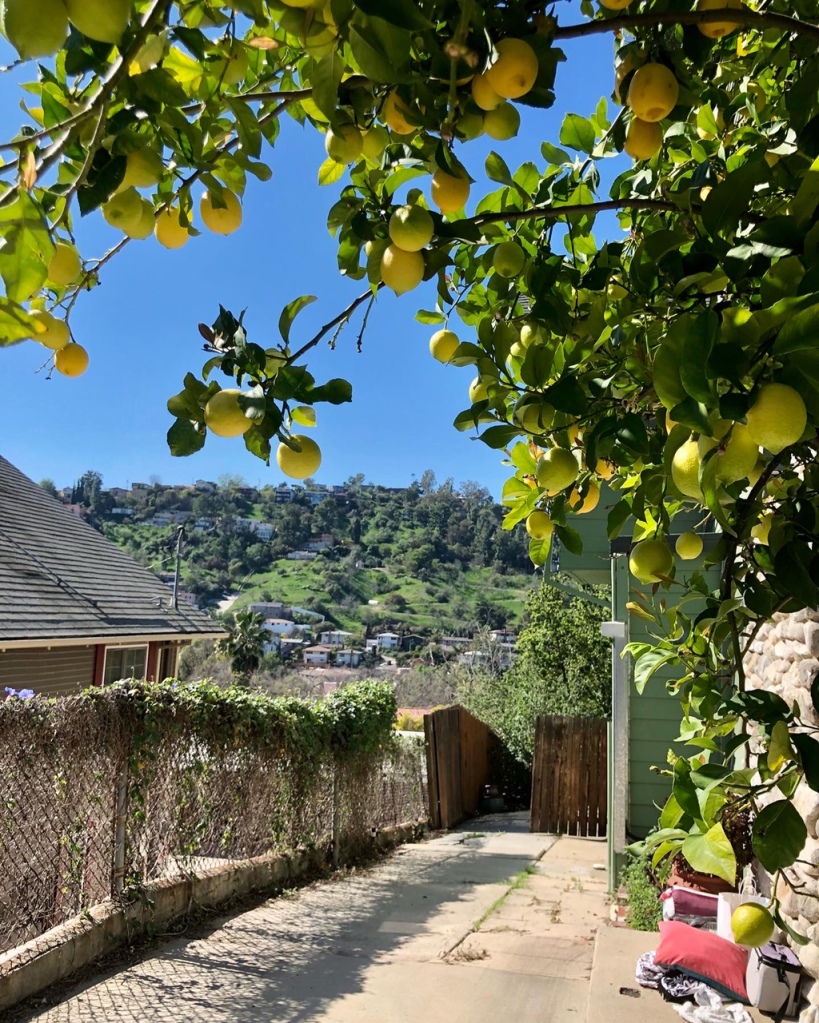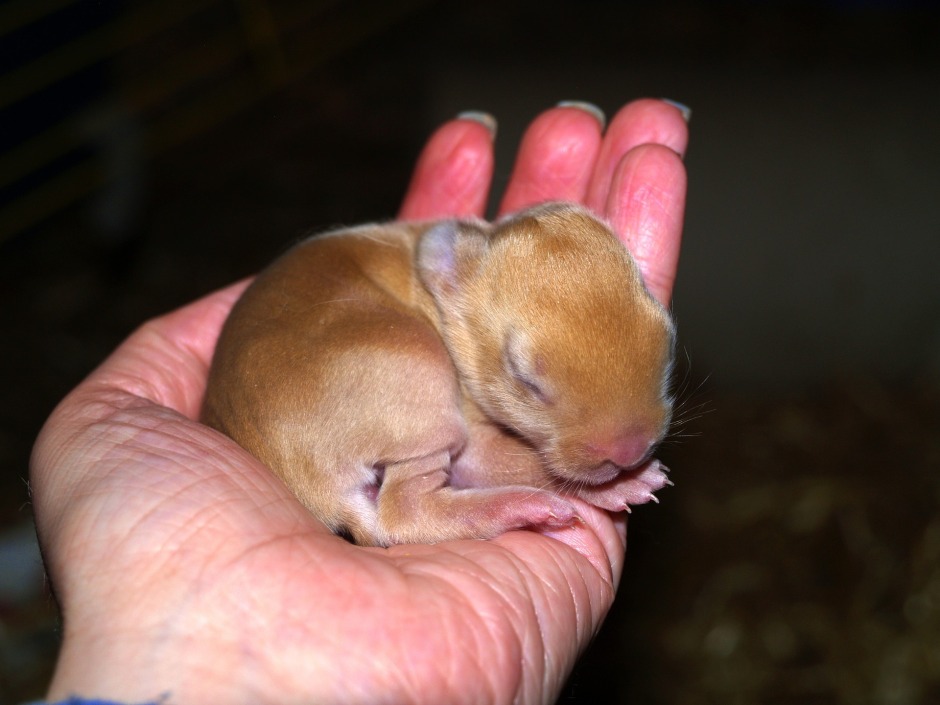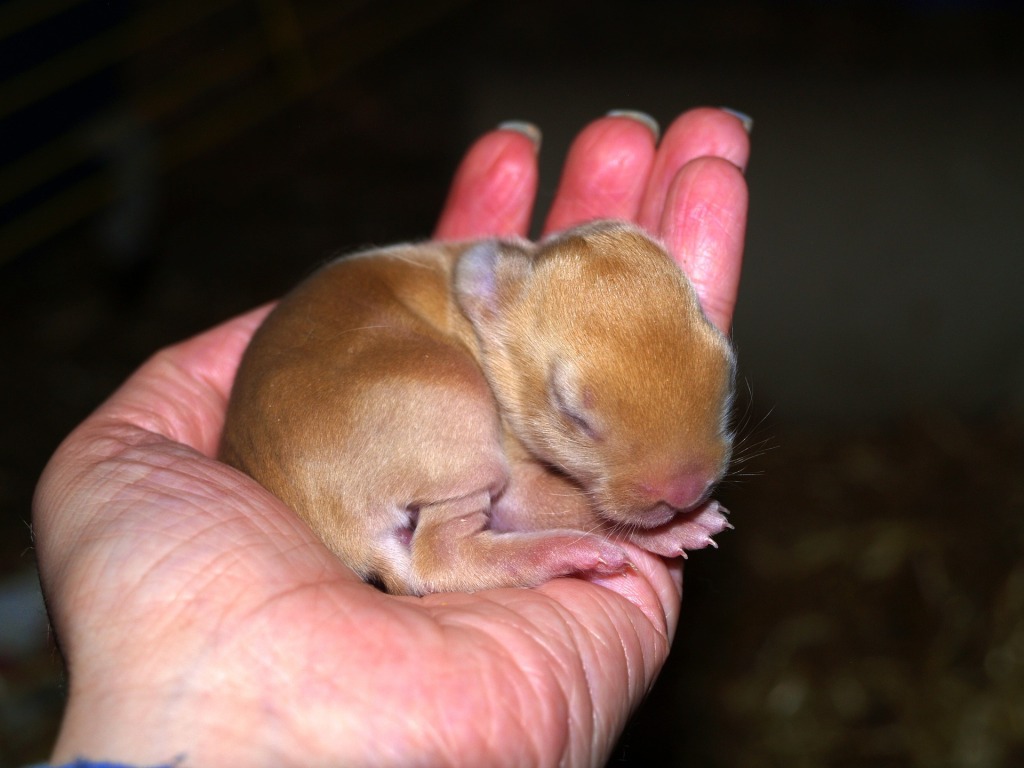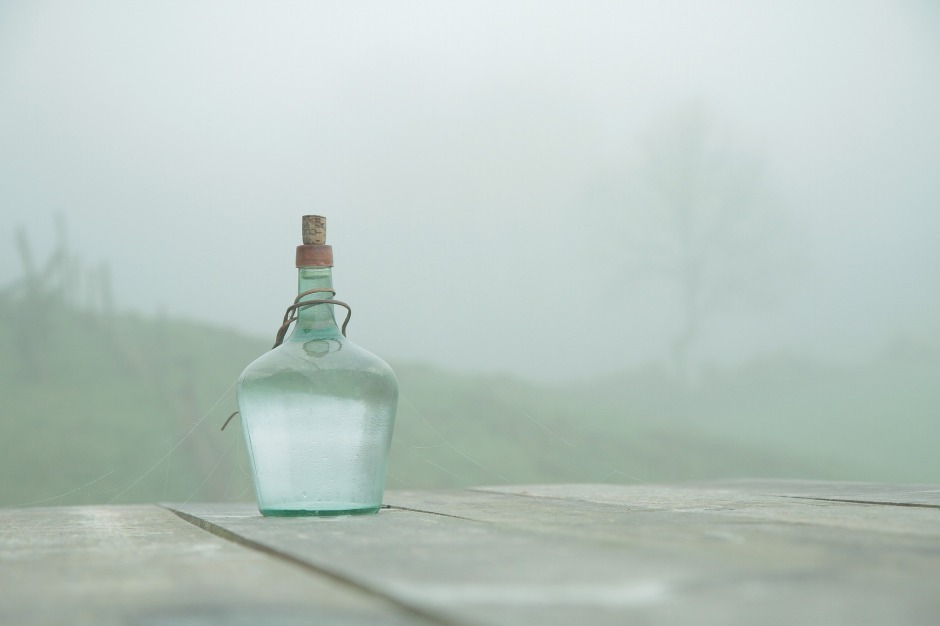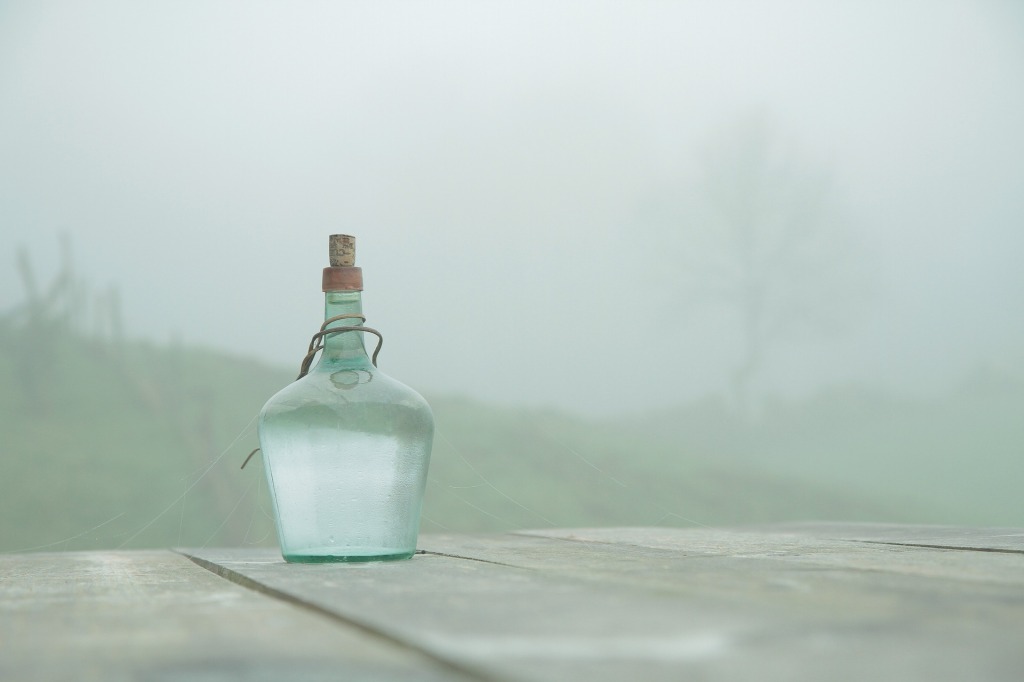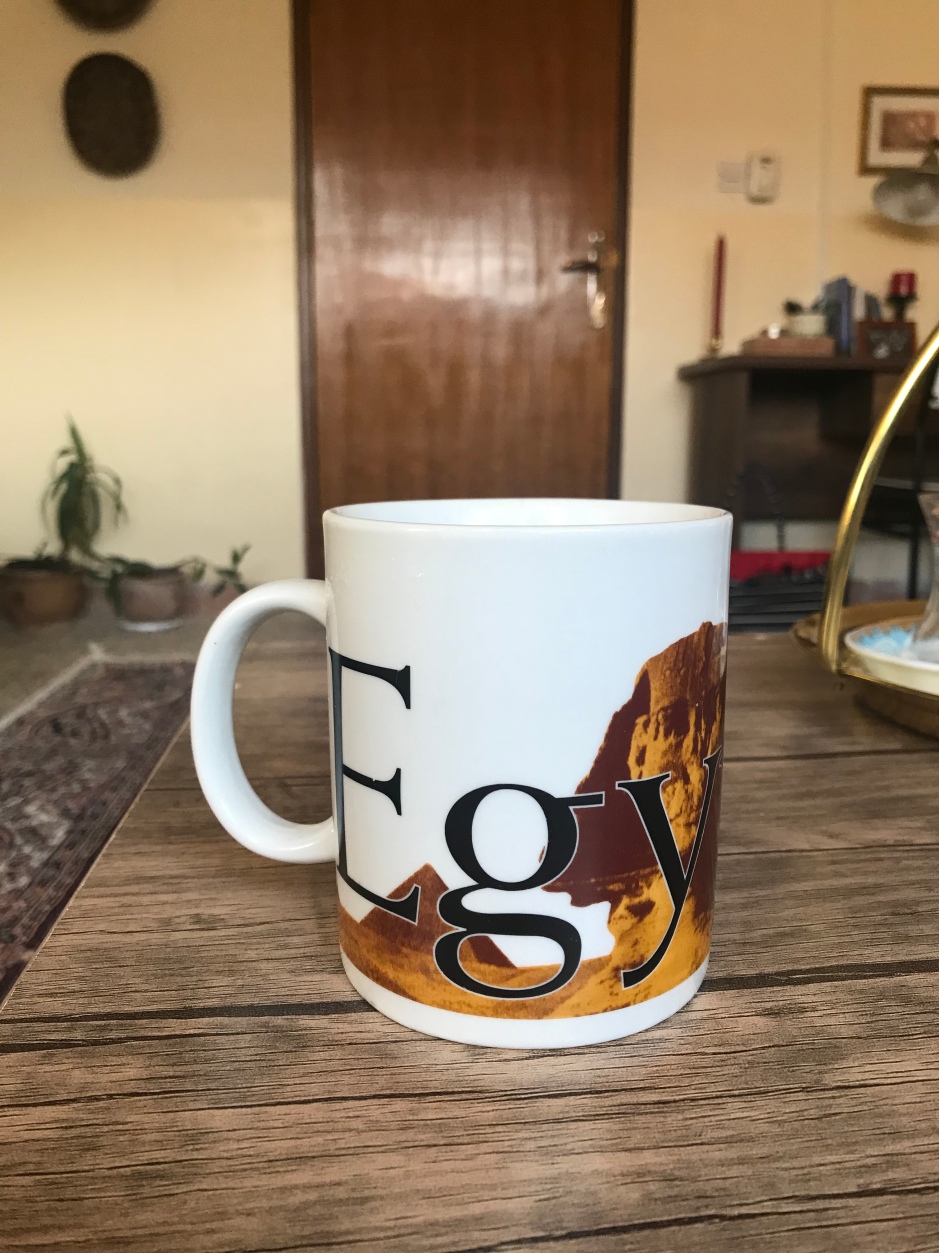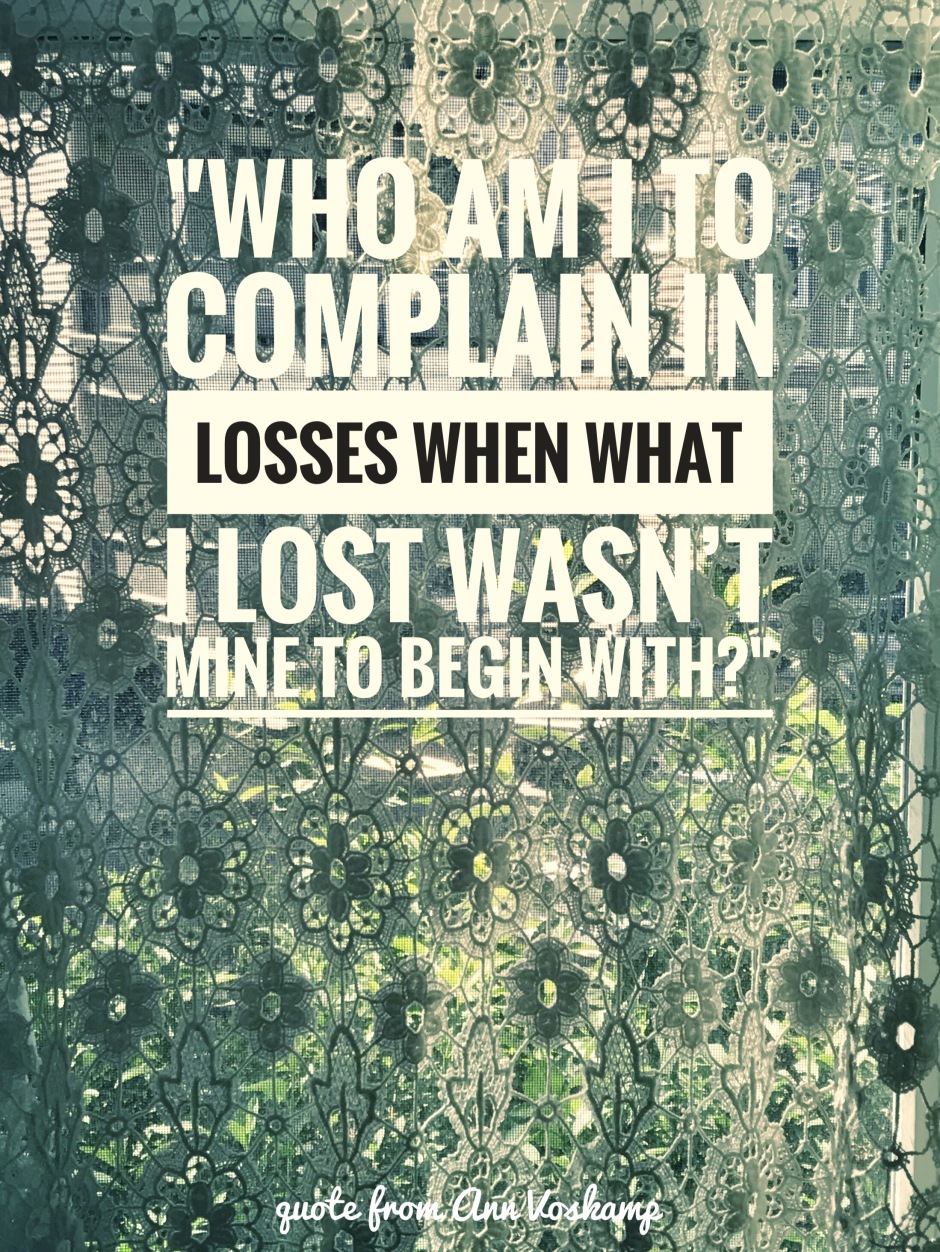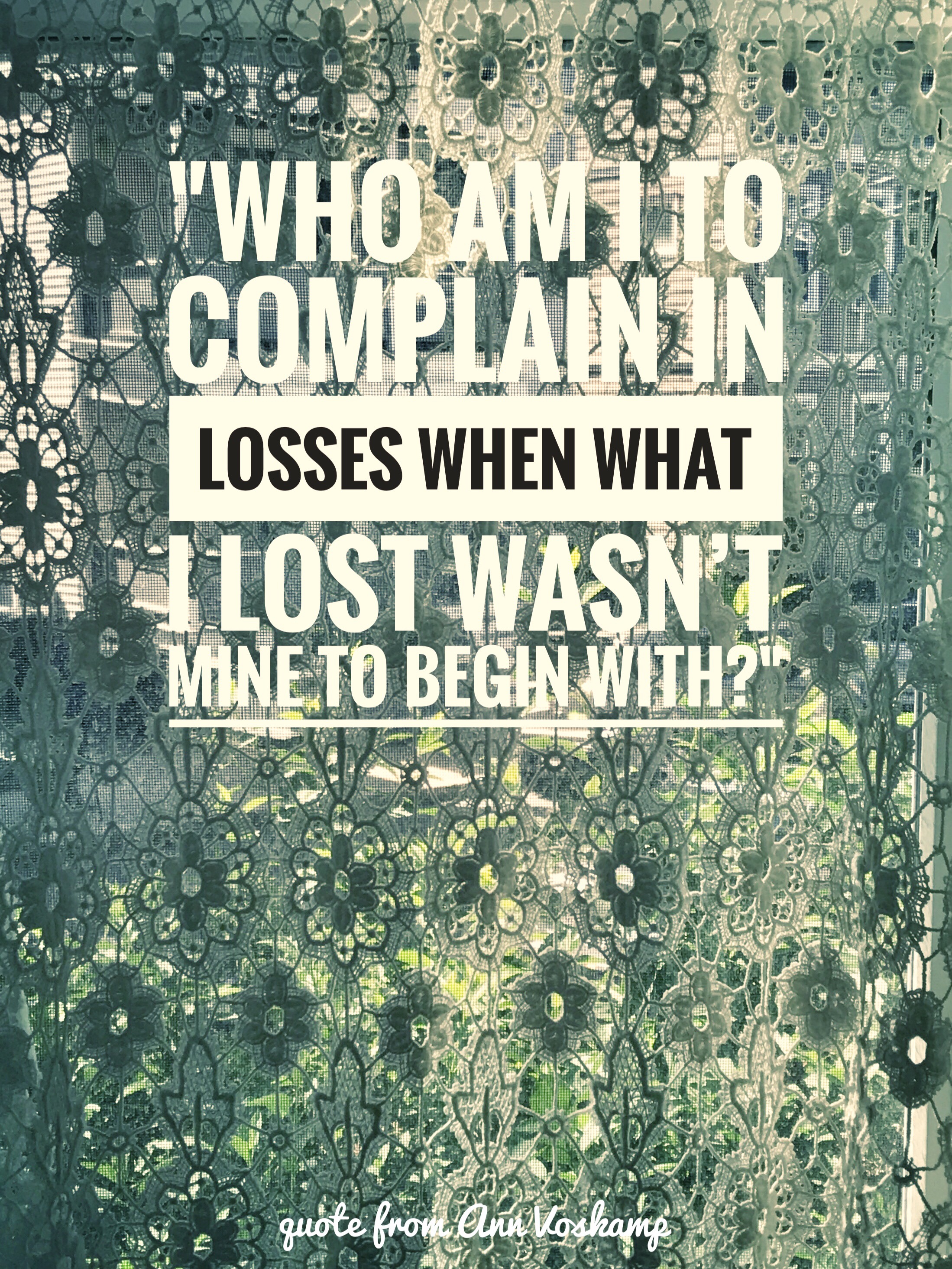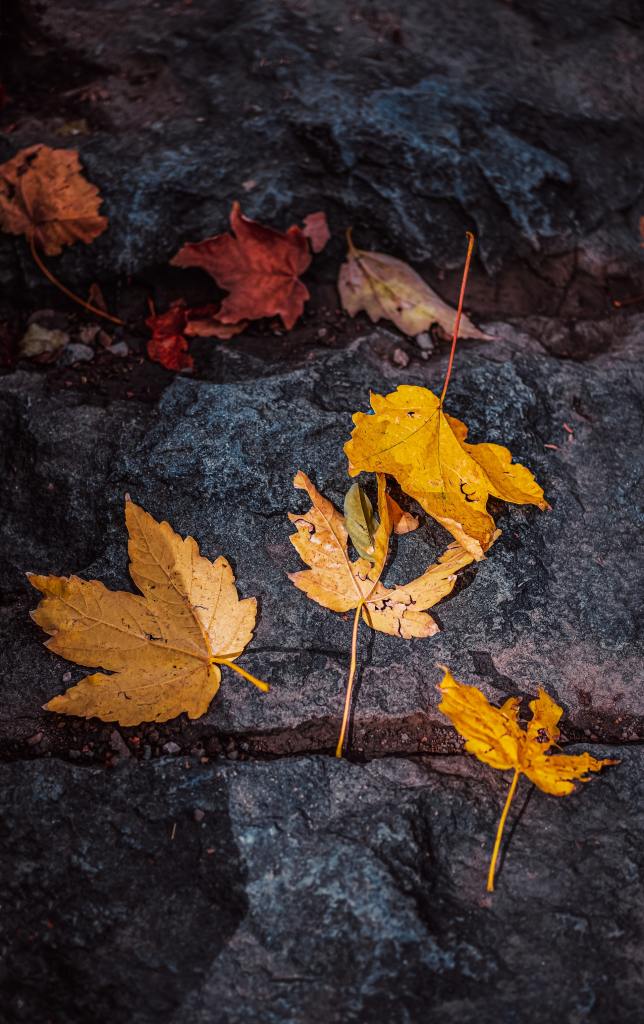
The news came, as it does these days, over the waves of social media. It was the death of a childhood friend, the news posted by her brother. Within minutes, a community of us, some who hadn’t seen Ruthie for many years, others who saw her this past June, and still others who were with her recently were collectively remembering, collectively grieving.
Ruthie was three years younger than me, a classmate and friend of my younger brother, Dan. She was petite and pretty with a smile that radiated from her bones to her face. She came from a dynamic family, all of them uniquely gifted musically and relationally.
I had the chance to see Ruthie in early June at a reunion for those of us connected to Pakistan. It was the first time I had seen her since 1993 when she visited Cairo with her boyfriend Mark, the man who would later become her husband. We had just left our beloved Maadi community and moved to a different area of Cairo. I was getting used to a new flat in a new part of the city, the kids were anticipating a new school, and my husband was starting a new job. In the midst of all that new came the familiarity of an old friend. Every morning before she and Mark went off exploring the city we would laugh and talk. Every evening we would do the same. The familiar mixed with the new, a gift of memory and discovery.
As I talked to her this summer, I brought up the memory. I was delighted that she, too, remembered. I learned that it had been a key moment in her life with Mark. I knew as I was speaking with her that cancer cells were overwhelming her healthy cells, that she was fighting a hard battle with the tools of chemotherapy, gifted doctors, and prayers of “Thy will be done.” I saw the deep love that she and her husband had formed through the years, a love large enough to embrace four biological and twelve adopted children. But I knew that I only saw and heard a fraction of what her journey had included.
The service was at two in the afternoon, Albanian time. It was broadcast as a gift to many around the world who, through computer screens, could participate in honoring her life.
As I sat in my living room in Boston, miles away from Albania, I began to see others from my Pakistan family and community sign on. With each one, came a rush of memories and thoughts. Ruthie was little sister, mentor, friend, classmate, big sister, and more depending on who you were and how you knew her. Most of all, she was one of us.
In our small community we shared tragedies like they were our own. When a father or mother of one of our friends died, it was like losing a beloved family member. The limbs on our missionary community tree stretched wide and when one of them was gone, no matter how we lost them, it meant leaves and fruit, nourishment and love were gone. These many years later we still feel losses when we hear of the death of someone we loved, someone we knew. No matter if it was another lifetime, they were part of us, and we feel the ache. The names still come to me – Dale, Carolyn, Angela, Val, Joy, Roy, Stan, Tim….and these are only a few of the ones that we have lost. Some were long, slow deaths, others were quick, tragic accidents – no matter, the way they died, their deaths put another nail in a community coffin.
Yesterday we grieved the loss of another. Yet, it was not only her life that we grieved. It was all of it – the loss of one brought up many other losses. In grieving for Ruthie, we had permission to grieve for lost community, lost time, and lost childhood. In grieving the loss of one of us, we once again felt saudade, that wistful longing for what no longer exists. In seeing her life, the adult version of Ruthie featuring a life lived large with joy and love, we perhaps questioned our own scarcity and unwillingness to live large, our inability to love with abundance and live generously.
“Everything precious is costly” were words that were said of Ruthie at the memorial service. Her beloved Mark, her children, her parents, her siblings, and her community are already experiencing the costly loss of wife, mom, daughter, and sister. And we on the periphery, we hear those words and know their truth, for we have lived and witnessed an extraordinary and precious community, gone but still glimpsed in memorials and memories.
But this much I will tell. What’s lost is nothing to what’s found, and all the death that ever was, set next to life, would scarcely fill a cup.
Frederick Buechner
